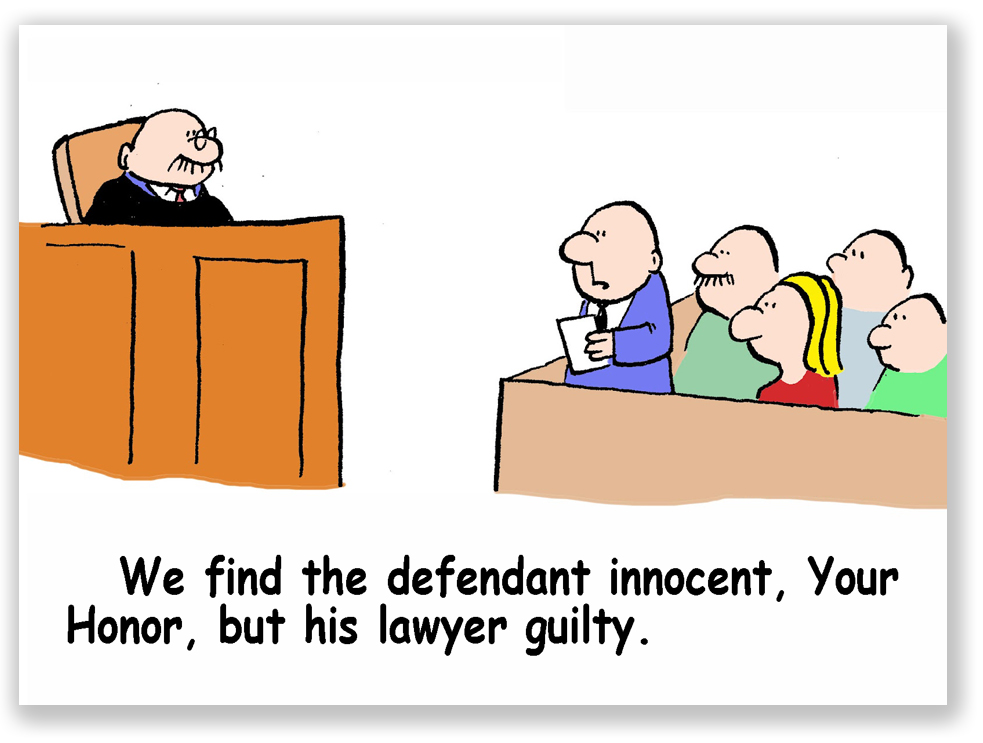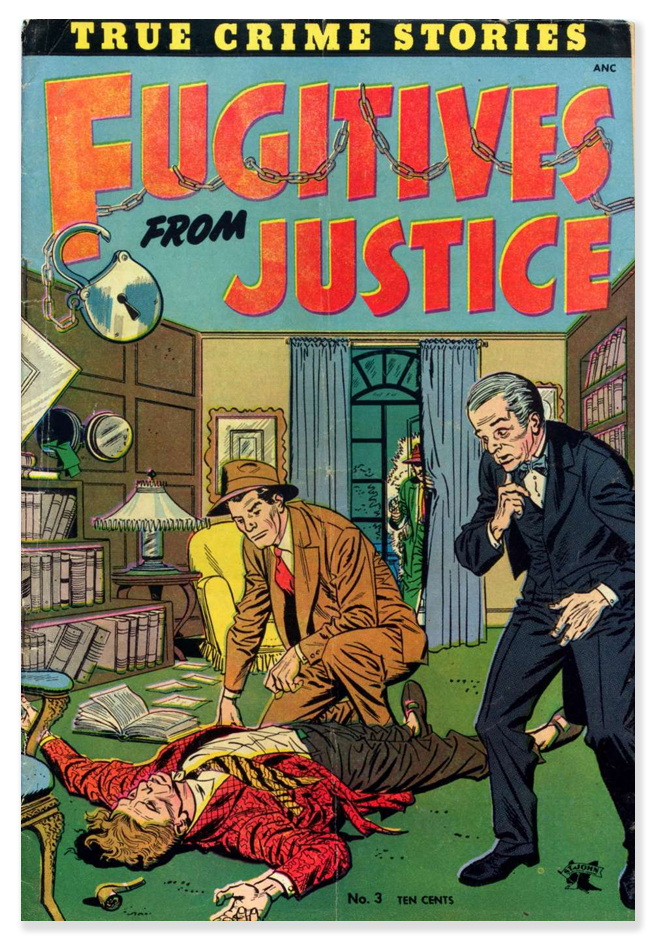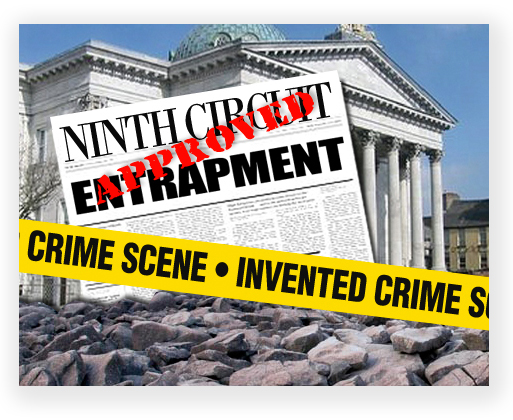We’re still doing a weekly newsletter… we’re just posting pieces of it every day. The news is fresher this way…
OBAMA’S CLEMENCY INITIATIVE CHANGES AS HE ENTERS THE HOME STRETCH
When President Obama announced his clemency initiative in 2014, the plan was simple: to reduce drug sentences of those convicted under harsh Guidelines and mandatory minimum sentences, especially for crack cocaine crimes. Back then, his commutations ordered inmates released promptly, giving the BOP at most a few months to arrange post-release supervision and the like.
 Obama’s commutations last week suggest his policy has morphed into clemency for inmates convicted of more serious drug crimes, employing something called “term” commutations, as opposed to the more common “time served” commutations. USA Today explained last week that “term” commutations “represent a remarkable departure from recent past practice.”
Obama’s commutations last week suggest his policy has morphed into clemency for inmates convicted of more serious drug crimes, employing something called “term” commutations, as opposed to the more common “time served” commutations. USA Today explained last week that “term” commutations “represent a remarkable departure from recent past practice.”
USA Today’s study of 673 commutations through August showed a marked change in Obama’s strategy on clemency. Before August, almost all of the inmates receiving commutations were released within four months. But in the August commutations, 39% came with a year or more left to serve on the sentence. Our own study of last week’s clemency list shows that number has increased to 43%. In fact, only 21% of last week’s commutations came with the earliest release date – February 3, 2017. What’s more, a full third of the grants are conditioned on completion of residential drug treatment prior to release.
The ever-increasing number of delayed-release commutations granted by Obama suggest a continuation of the trend toward term resentencing, a novel use of the commutation power.
The August commutation grants led some to believe Obama was starting to grant clemency to more violent offenders. Before August, only 13% of inmates receiving clemency had used a firearm in the offense. For those granted presidential mercy in August, it was 22%. But in the commutations granted last week, only 15% involved a firearm, and those were all mere possession cases, with none appearing to involve active use of a gun. Likewise, none of last week’s commutations involved offenses with violence or threats of violence.
This does not mean that Obama won’t continue to commute more serious and large-scale drug trafficking cases (such as continuing criminal enterprises). It does, however, suggest that anyone with a violent drug offense need not apply.
 Of course, contrary to the White House’s curious statement that “most” of the commutations were for a drug offense, every one of the 102 commutation grants was to an inmate whose offenses included drug trafficking. The commutation initiative has encouraged federal inmates with all manner of offenses to apply for commutation, but Obama’s record to date suggests that no inmate with a conviction other than drug-related is likely to get any traction with this White House.
Of course, contrary to the White House’s curious statement that “most” of the commutations were for a drug offense, every one of the 102 commutation grants was to an inmate whose offenses included drug trafficking. The commutation initiative has encouraged federal inmates with all manner of offenses to apply for commutation, but Obama’s record to date suggests that no inmate with a conviction other than drug-related is likely to get any traction with this White House.
We also found it noteworthy that 39% of the inmates getting clemency last week were sentenced in the past 10 years, with one being sentenced as recently as 2013. For some time, DOJ suggested that no one was getting clemency who had not been down 10 years, but that seems to be changing as the Obama Administration works through the clemency petition backlog.
And a backlog certainly does remain. Although it’s unclear how large it is, the number is in the thousands. Still, Neil Eggleston, White House counsel, said last Thursday, “”I’ve told my office that anything that gets to us will get processed. We’re not going to have a failure of resources here. I’m pretty confident that we’ll get to all of those.”

Obama hoped to make criminal justice reform the primary legacy of his final year in office. A bipartisan group of senators and representatives introduced the Sentencing Reform and Corrections Act of 2015, which would have reduced mandatory minimum sentences for some drug crimes and made the Fair Sentencing Act of 2010 retroactive. Up to 5,800 crack cocaine offenders sentenced before August 3, 2010 could have filed for lower sentences in line with the reform to the 100-to-one disparity between crack and powder cocaine.
But the wheels have fallen off that legislative bus, leaving Obama with clemency as the only means at his disposal to address disparate sentences. Last year, his Administration optimistically predicted it could grant up to 10,000 commutations, reduced later to 2,000. With only 102 days left in his Administration, Obama is only 36% to his goal.
Eggleston told CNN that Obama would continue to personally review clemency requests up until the final days of his administration.
“It’s not uncommon for him to call me in and have various ones that he wants to talk through. He focuses individually on each one of these, knows a fair amount of information on each of them,” Eggleston said. “He’s essentially looking at the various pieces, and he’s testing the likelihood of success on the outside. The way he really thinks about this is giving people second chances.”
USA TODAY, Obama commutes record total 774 sentences, October 6, 2016
DOJ, President Obama Grants Commutations (October 6, 2016)
CNN, Obama reducing 102 inmates’ sentences (October 7, 2016)
Death and Taxes Magazine, Obama Commuting Record Federal Prison Sentences Equal Parts Inspiring and Depressing, October 6, 2017




























